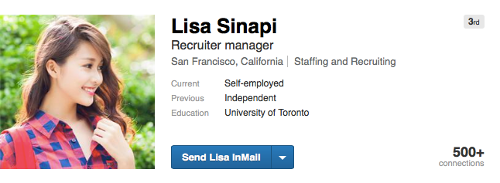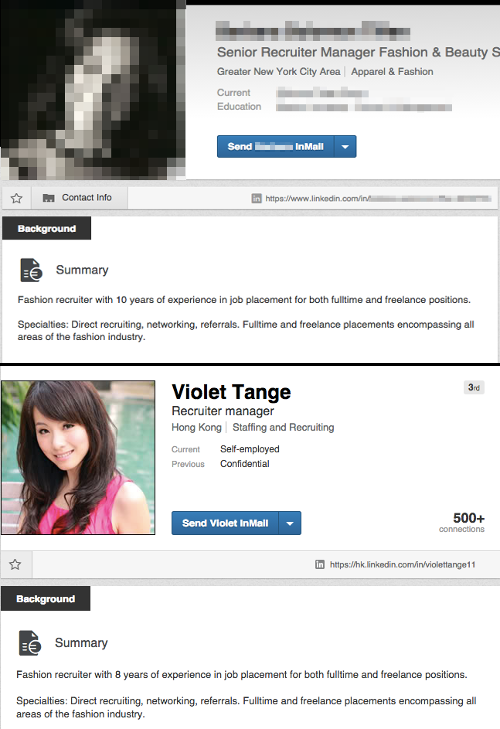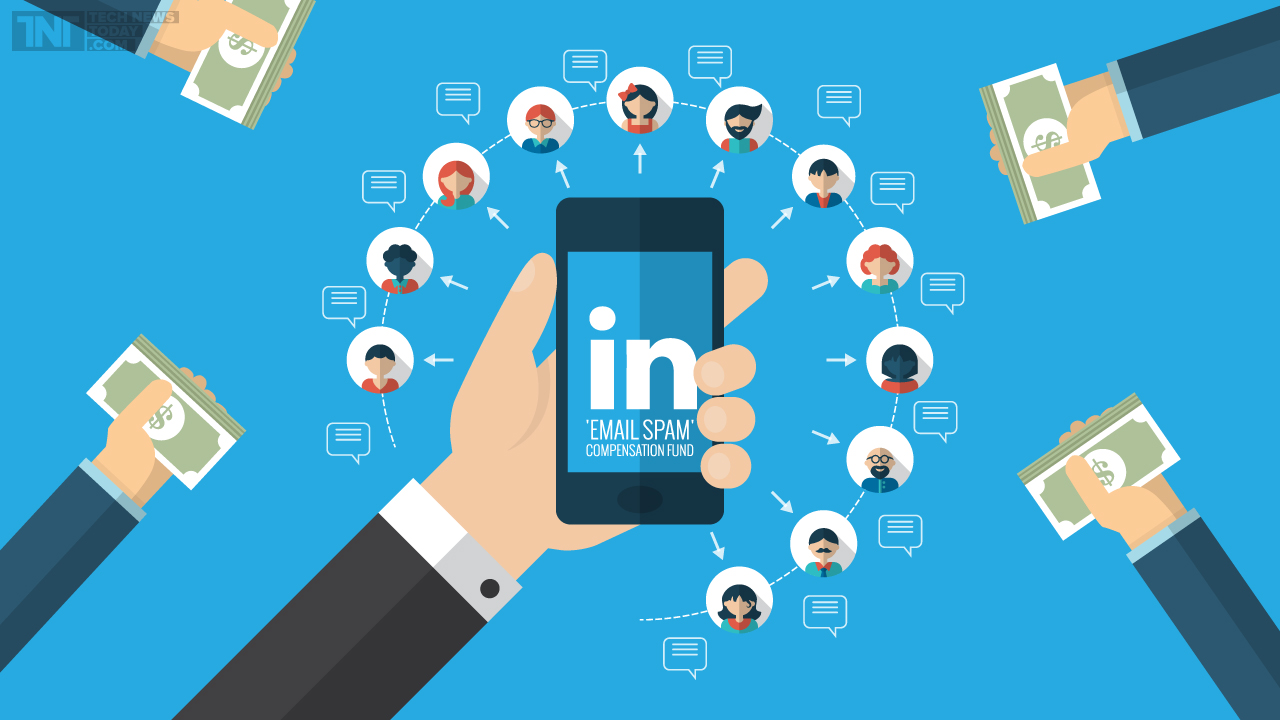Why professional social networks should be handled with care

Using social networks as a tool for finding work is a long-standing phenomenon. Not only e-mail, but also social media (VKontakte, Facebook, etc.) has long been used to obtain information about job vacancies and send a resume.
For a long time on the Internet, there are special networks where the applicant can provide information about himself and interest the employer in his resume, establish business contacts (LinkedIn, Professionals.ru, Facebook at work, etc.). However, despite the seeming convenience of such platforms, they pose a lot of problems for ordinary users, can lead to data theft or spamming, privacy breaches and damage to user reputation.
Data theft
Many professional networks are extremely careless about huge amounts of data, without guaranteeing any of the users proper data protection.
')
LinkedIn is notorious in this regard, with more than 2 million accounts and passwords stolen in 2012. Then IT security specialists conducted a study that revealed an extremely low level of user data protection.
In 2014, it turned out that plug-ins for Chrome and iOS are capable of collecting email addresses of LinkedIn clients. However, the biggest burglary was the theft of 117 million accounts in May of this year.

Inaccuracy of information
From year to year, studies show that although professional social networks are not inferior in popularity to the giants of the media market, users of their accounts hardly spend a lot of time there. According to research in the New York Times, each LinkedIn user spends only 2 minutes per day on it, whereas on Facebook it’s an average of 50.
The share of those who “abandoned” their account in professional networks is also significant and it becomes easy prey for intruders who either post false information about the job seeker or are limited to using his personal data for their own purposes.
Hackers under the guise of HR
“Fake” in professional media is present enough (up to 10%). Often, people add strangers as friends, unaware that an HR specialist is a hacker who collects victim data. Already issued instructions on how to distinguish a false account from the present. The company Symantec advises to carefully check the existence of companies and photos on the Internet, often profile pictures are stolen from clothing store websites.
Typical fakes:


In early June, the US Federal Bureau of Investigation published a report about fraudsters who blackmail people. They claim that they have hacked their accounts and are ready to compromise the victim if she does not pay the money. As a rule, the size of the ransom ranges from $ 250 to $ 1,200.
Spam mailing
Professional social networks are a storehouse of information. It stores data not only about applicants, but also about employees who give them recommendations. Companies and Russia often treat this carelessly and publish the texts of recommendations, as a result of which spamming starts to arrive at their email addresses. LinkedIn even paid $ 13 million for spam on behalf of users in 2014. For this newsletter often criticized and the site "Professionals.ru".

All of the above problems show how beautiful the professional network interface is deceptive and how many problems are actually hidden in the network, where people are just looking for work. The main rule for using these resources is to trust but verify. You should not enter into correspondence with barely familiar users, without checking the data of the organization. The more accurate a user is to his personal data, the more comfortable he and others will be.
Source: https://habr.com/ru/post/304346/
All Articles